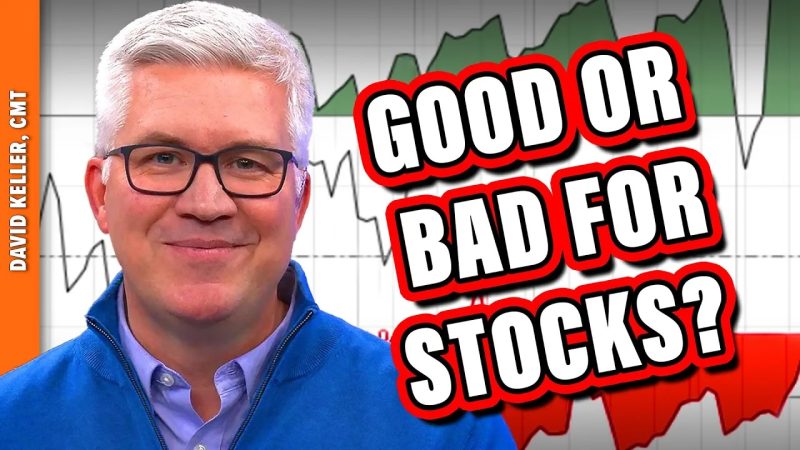Overbought conditions in the stock market are often interpreted as a warning sign for investors. When a stock or the overall market is deemed to be overbought, it means that the price has risen too quickly and too far, potentially indicating that a correction or pullback is imminent.
But are extremely overbought conditions truly a negative signal for stocks, or could there be potential benefits as well?
One argument in favor of overbought conditions is that they can reflect strong investor confidence and optimism in the market. When investors are willing to drive prices higher, it can create a positive feedback loop where rising prices attract more buyers, leading to further price increases.
Additionally, overbought conditions can also indicate the presence of momentum in the market. Stocks that are overbought may continue to rise in the short term as investors ride the upward trend.
On the other hand, the downside of overbought conditions is the increased risk of a sharp pullback or correction. When a stock or the market as a whole is overbought, it becomes vulnerable to profit-taking and selling pressure, which can quickly reverse the gains seen during the overbought period.
Moreover, overbought conditions can also signal potential valuation concerns. Stocks that become overbought may be trading at elevated price levels that are not supported by their underlying fundamentals, making them susceptible to a reversion to the mean.
In conclusion, while overbought conditions can be a double-edged sword for investors, it is essential to consider the broader market context and individual stock characteristics when interpreting these signals. Ultimately, overbought conditions should be viewed as a cautionary sign rather than a conclusive indicator of future market direction.


